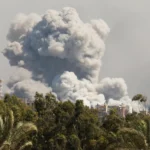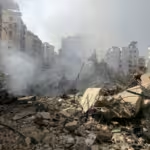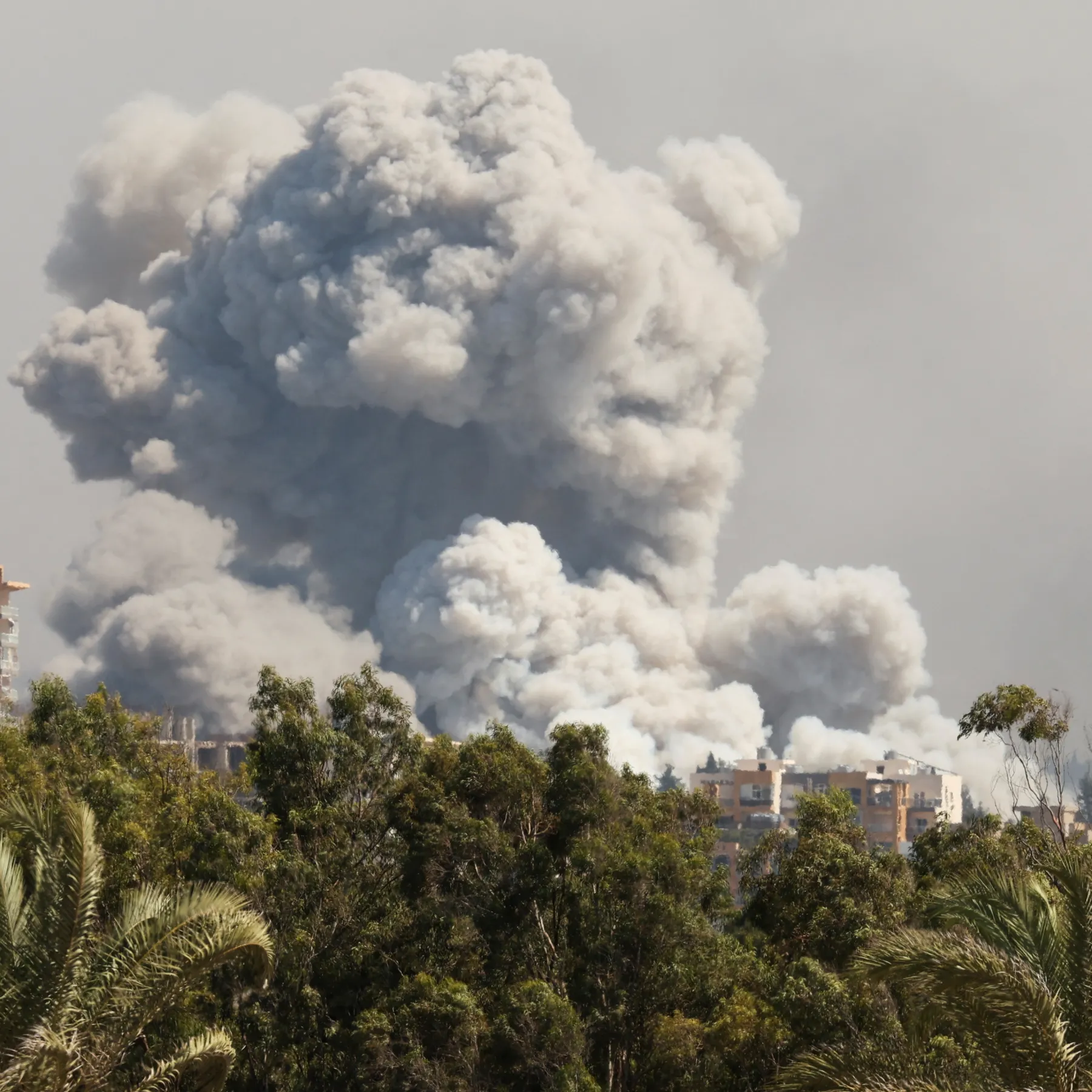At least 23 people have been killed and dozens more injured in northern Lebanon by attacks that the health ministry has confirmed. The airstrikes, part of protracted tensions in the region, have sparked widespread condemnation and calls for restraint amid mounting civilian casualties.’
Description of the Incident
It was around late night yesterday when the airstrikes happened, targeting some groups of militants operating close to the Lebanese-Israeli border, according to Israeli military officials. The eyewitnesses reported several explosions from different directions that shook the residential areas and resulted in the destruction of buildings and infrastructure. Northern Lebanon hospitals are reportedly now at a point of incapacity in accommodating injured civilians, as claimed by local media sources.
Ministerial Statement and Reactions in Regions
The Lebanese Health Ministry reported the death toll and branded the attacks as a violation of the sovereignty of Lebanon, appealing for intervention by the international community. Many residents expressed their apprehensions and discomfort and demanded that the community leaders end the hostilities. “Our communities bear the brunt of this conflict,” said a local leader who added that there was an urgent need for a diplomatic intervention.
International Response
International leaders and different international organizations have considered the recent rise. The United Nations and other relief organizations have raised serious concerns about civilians as casualties and have appealed for an immediate halt to the fighting to prevent more bloodshed. Regional leaders have advised both parties to hold back because an uncalled-for onslaught may lead to widespread instability in the region.(More)
Conclusion
The ever-growing death toll weighs heavily against the grave human cost of this violence. Ever-louder calls for peace and negotiations are growing. Finally, it is hoped that it may be a solution wrought under pressure from around the world to relieve civilians from more bloodshed. In the wake of all these tragic airstrikes, the current situation is finally a stark reminder of the need for diplomatic engagements in the conflict over one of the world’s most protracted and most complex conflicts.















